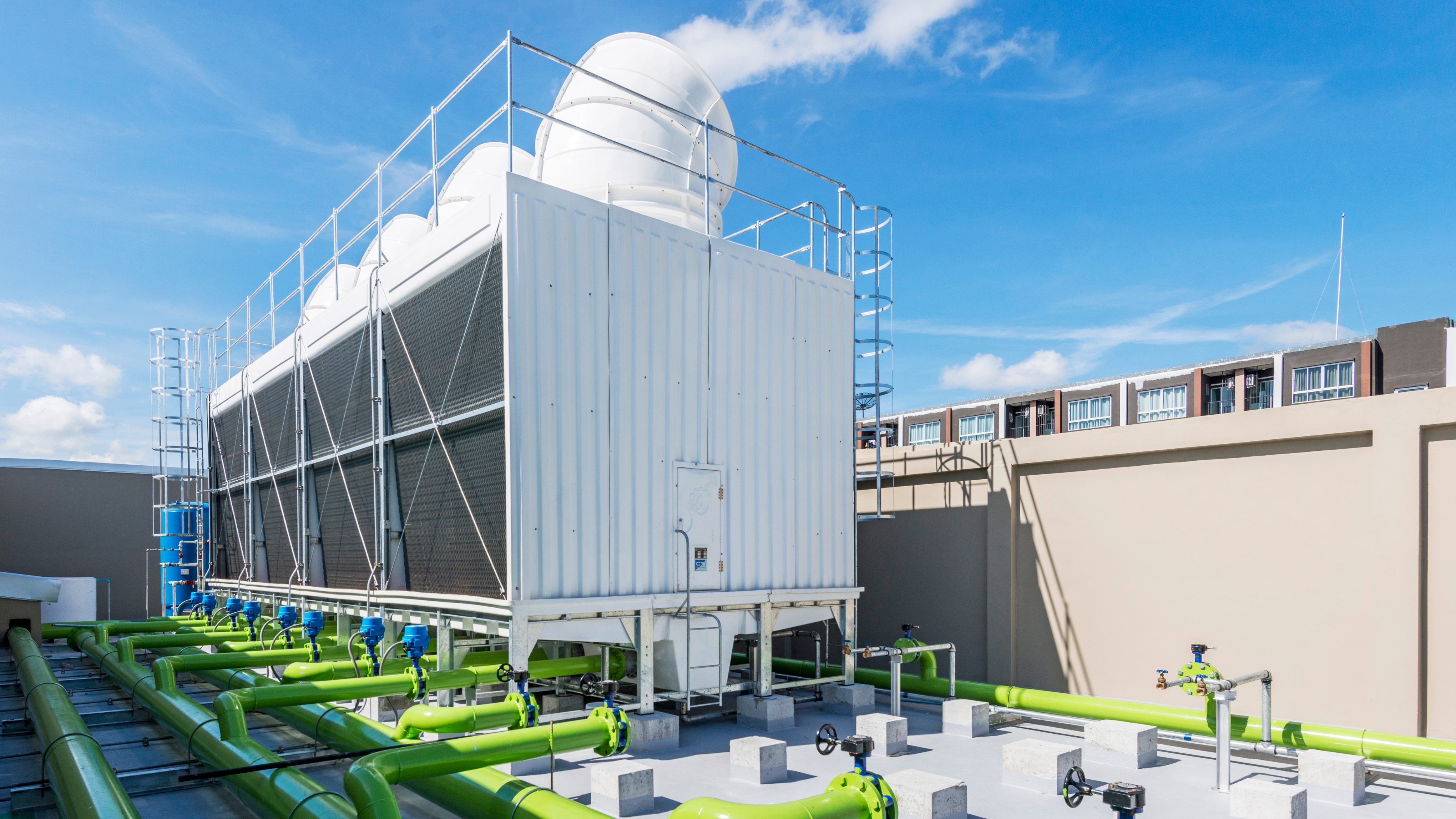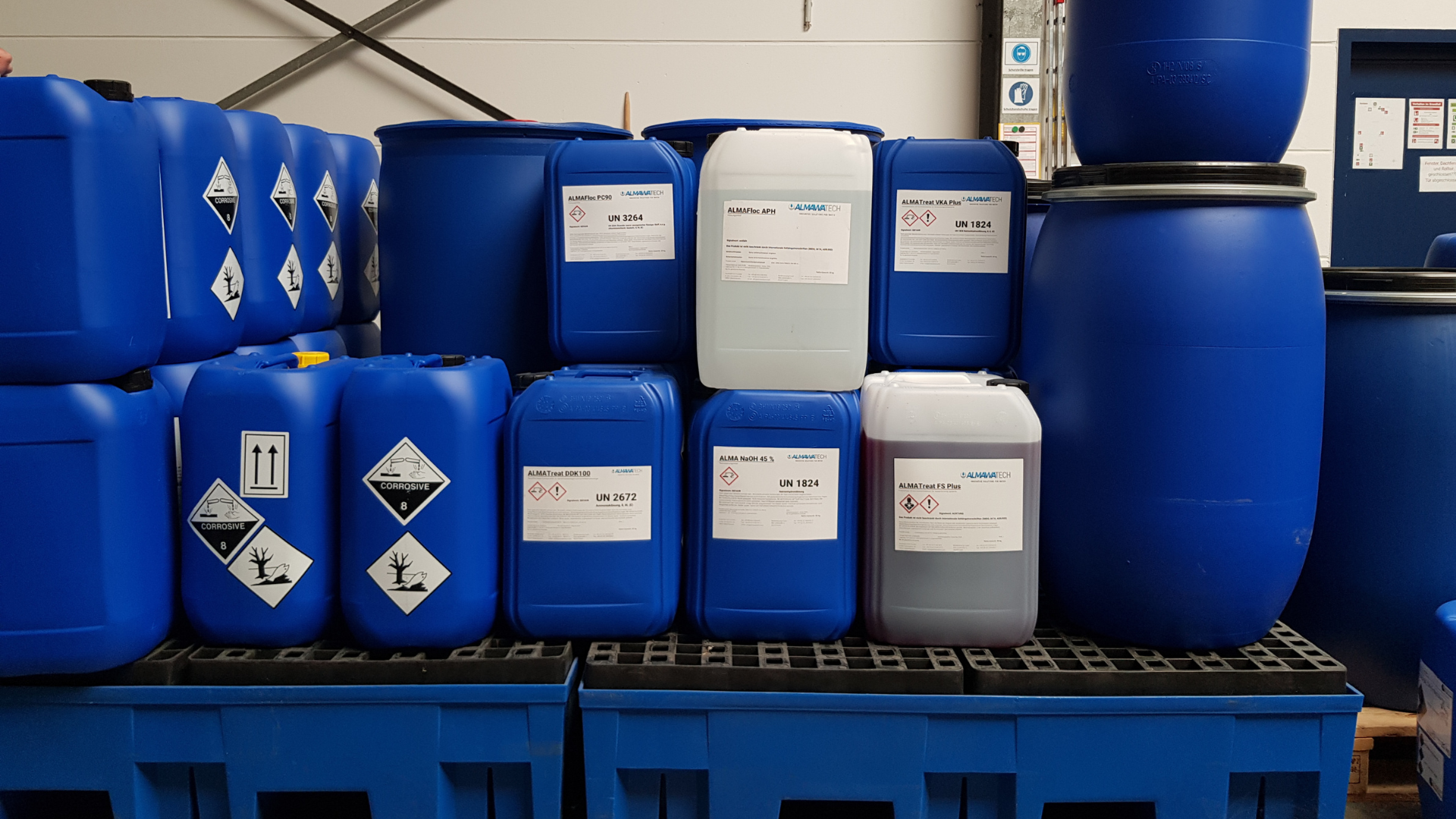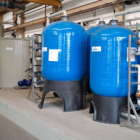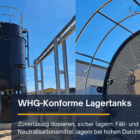Hardness stabilizers are chemical additives that are used in industrial water treatment to prevent the formation of poorly soluble lime and magnesium compounds. These substances work by inhibiting the crystallization of hardness formers such as calcium carbonate (CaCO₃) or magnesium hydroxide (Mg(OH)₂). Instead of large crystals that are difficult to remove, the presence of hardness stabilizers results in the formation of smaller and more stable particles that remain in suspension and do not adhere to surfaces.
Technical background
In industrial processes, particularly in cooling circuits, steam boilers and reverse osmosis systems, controlling water hardness is crucial. Hardness constituents in the form of deposits (scale, scaling) can lead to significant operational disruptions, including:
- Loss of efficiency due to heat conduction obstruction in heat exchangers.
- Corrosion promotion through under-scaled areas.
- Blockages and operational failures in pipes and membrane systems.
Hardness stabilizers bind calcium and magnesium ions or prevent them from accumulating on critical surfaces. These often include organic phosphonates, polycarboxylates or polyphosphates. These substances act as complexing agents or crystal growth inhibitors.
Types of hardness stabilizers
Phosphonates
- Very effective in inhibiting the formation of calcium carbonate.
- Particularly suitable for use in cooling water circuits.
Polycarboxylates
- Are often used in combination with phosphonates.
- They improve particle stabilization and prevent incrustation.
Polyphosphates
- Able to retain calcium and magnesium in soluble form.
- Particularly effective in soft water conditions and as an anti-corrosion agent.

Photo: Evaporative cooler for industry
Applications in practice
Cooling water treatment
Hardness stabilizers ensure the smooth functioning of cooling systems by preventing deposits in heat exchangers.Boiler water treatment
In steam boilers, they protect against scale formation, which improves energy efficiency and increases the service life of the system.Membrane systems
In reverse osmosis systems, they help to prevent scaling on membrane surfaces, which maintains the water flow rate and the retention rate of the membrane.
Chemical requirements and dosage
The choice of the right hardness stabilizer depends on various factors, including
- pH value of the water.
- Temperature and operating conditions.
- Concentration of calcium and magnesium ions.
Precise dosing is crucial to achieve optimum results without risking overdosing and the associated increase in chemical consumption and operating costs.
Hardness stabilizers from ALMAWATECH
ALMAWATECH offers a wide range of hardness stabilizers that have been specially developed for various industrial applications. Our product ranges ALMA AQUA Boilers and ALMA AQUA Cooling Water product ranges include customized solutions that both prevent scaling and optimize operating costs by extending system service life. Our products are made in Germany and guarantee the highest quality and reliability.

Photo: Our Made in Germany equipment for boiler systems, hot water networks and cooling water treatment
Conclusion
Hardness stabilizers are indispensable components in industrial water treatment. They protect systems from the negative effects of limescale and magnesium deposits and thus ensure efficient and sustainable operation. With ALMAWATECH's innovative products, customers can optimally adapt their water treatment systems to their specific requirements.
For further information on our products, please feel free to contact us at any time!







